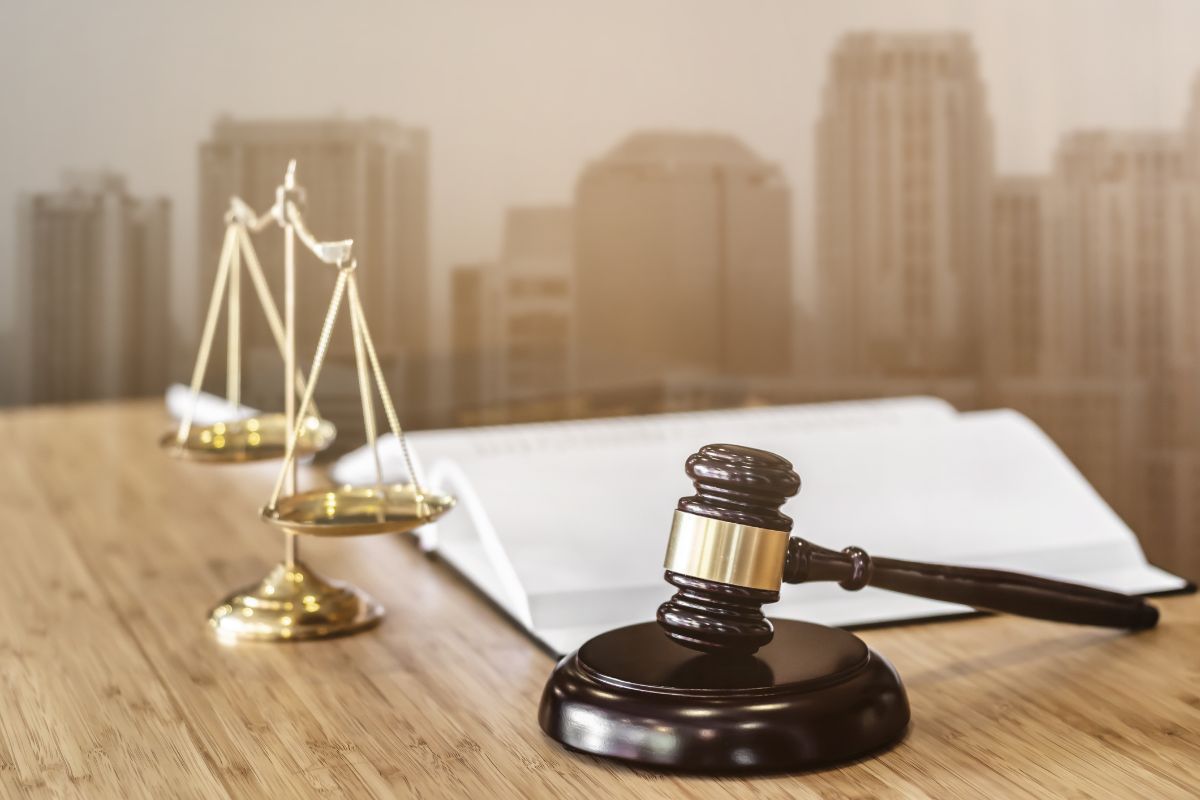Commercial real estate laws affect most Arizona business owners in one way or another. Whether business owners rent or purchase spaces to house their business operations or choose to invest in commercial real estate, real estate laws impact their businesses. Consulting a Phoenix real estate attorney can help ensure that you are aware of these laws as an Arizona business owner.
Commercial Leases and Default
Many business owners rent commercial real estate for their businesses, whether it is retail space, warehouse space, or another type of facility. Likewise, some businesses may own real estate and rent it to other businesses. No matter what side of the commercial landlord-tenant relationship you are on, you should be aware of the laws that govern this relationship.
For instance, you should understand the consequences for a tenant who fails to pay rent or otherwise defaults on the terms of a commercial lease. In addition, tenants and landlords both should understand the available remedies, including taking possession of the property, filing for forcible detainer hearings, and seizing and selling property belonging to business tenants to pay their debts.
Landlords and tenants also must know the difference between minor and material breaches of leases. In some cases, breaches may be technically breaches but are minor enough that they are not sufficient to justify eviction. In other cases, breaches are material or significant enough to justify eviction or other legal action.
Early Termination of Leases
Some leases permit either party to the lease to terminate or “break” the lease early, depending on the circumstances. For instance, it may be that the business is not going as well as expected, or the property owner decides to sell the property. These provisions vary, but they may include a penalty for a tenant to pay if it wishes to break the lease early. Commercial landlords also must mitigate their damages, meaning that they must take steps to find a replacement tenant to pay rent at fair market value.
Subleases
Unless a lease specifically prevents it, a lease may allow a commercial tenant to sublease a commercial space. In many cases, the property owner must approve any subleases before they occur. Before approving and signing any sublease documents, tenants and property owners should thoroughly review them.
Maintaining Habitable Premises and Making Repairs
Landlords must take all steps necessary to keep property in habitable condition, maintain and repair common areas (where applicable), and keep major systems in workable condition. They also must adhere to building codes. Likewise, landlords must allow tenants quiet enjoyment of the property without disturbance or interference.
Landlords typically need not make improvements or repairs to the property unless specified in the lease. Tenants generally must return the property to its original condition, except for reasonable wear and tear, at the end of the lease term. If a tenant causes damages to the property beyond reasonable wear and tear, the landlord can sue the tenant and hold them responsible for those damages.
Real Estate Purchase Agreements
Real estate purchase transactions also can be full of pitfalls. One side may default on the transaction, which can damage your business. You should be fully aware of and understand each provision in the purchase agreement before you sign it. You also should know your remedies if the other party defaults or circumstances beyond your control cause you not to complete the transaction as agreed.
Premises Liability and Business Owners
Commercial property and business owners must keep their property in a reasonably safe condition for others. Failure to maintain your property and perform regular upkeep can amount to negligence if a visitor or customer is injured while on the premises. While premises liability usually focuses on property owners, it also can involve maintenance contractors, management firms, and tenants in some cases.
Our Commercial Real Estate Lawyers Can Help
Our goal is to help you understand each step of your commercial real estate transaction and protect your interests throughout the process. Contact the offices of Provident Law today at (480) 388-3343 or online and schedule an appointment to speak with our Arizona real estate attorneys about your legal matter.


